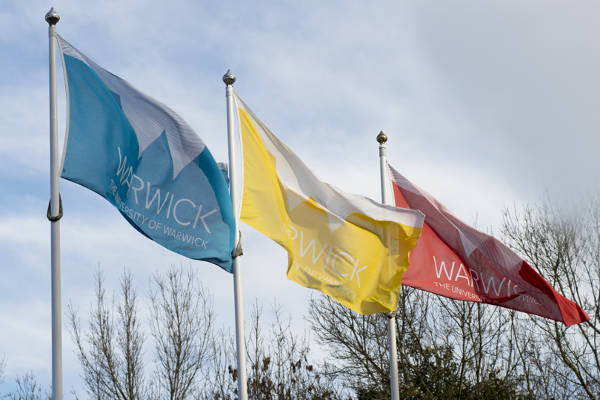News & events
24 Jan
Applications open soon for ICURe Explore & ICURe Engage programmes
Innovate UK’s hugely successful ICURe programmes are delivered in the Midlands by the team from Warwick Innovations, and we will shortly open for applications to join the ICURe Explore and ICURe Engage programmes.
10 Oct 2023
New Warwick spin-out company SEEV
Could e-voting be the future for general elections?
03 Oct 2023
Revolutionising AI for cellular pathology
Warwick spin-out Histofy to revolutionise AI for cellular pathology.
08 Sep 2023
Tools to solve global challenges
Equipping entrepreneurs and start-ups with the tools needed to solve global challenges.
26 Jul 2023
Synthetic biology platform
NanoSyrinx raises £6.2m to develop its synthetic biology platform for targeted intracellular engineering.
08 Jun 2023
Medherant to develop world’s only testosterone patch for menopause
Warwick spin out company Medherant to develop world’s only testosterone patch for menopause.


